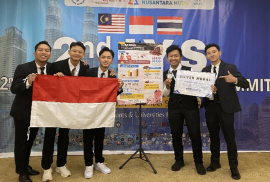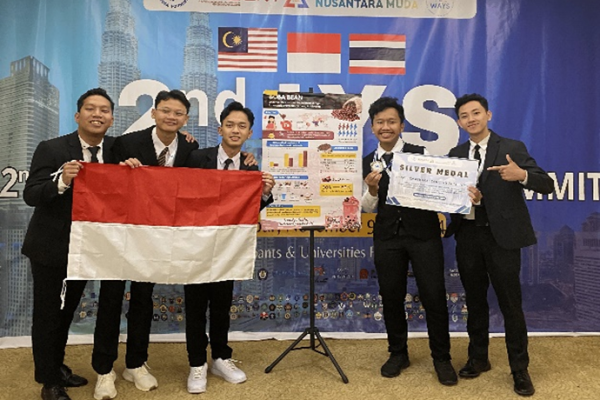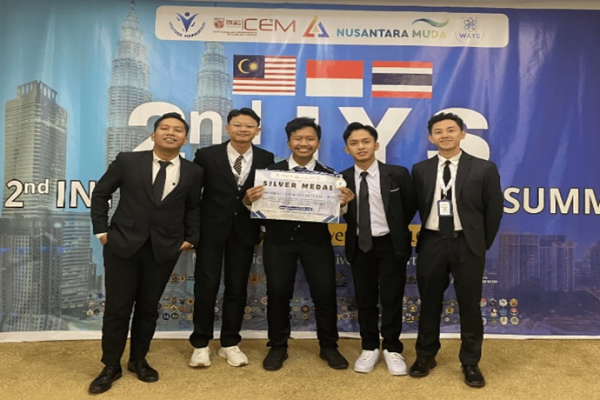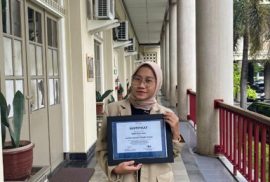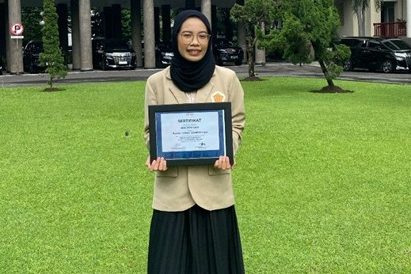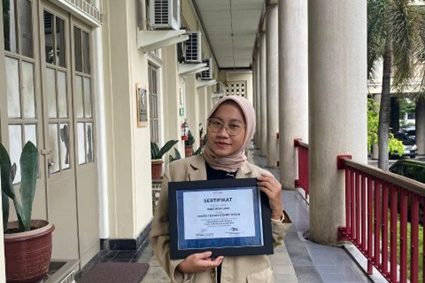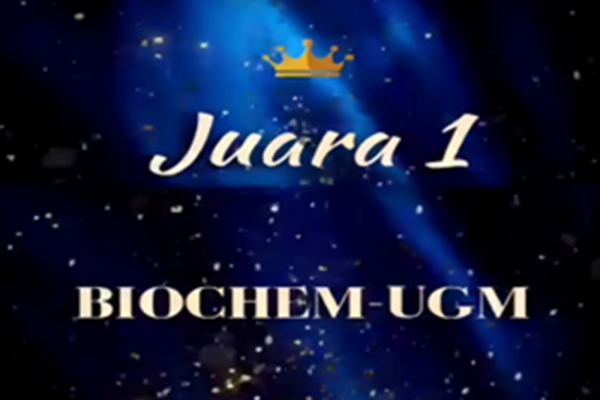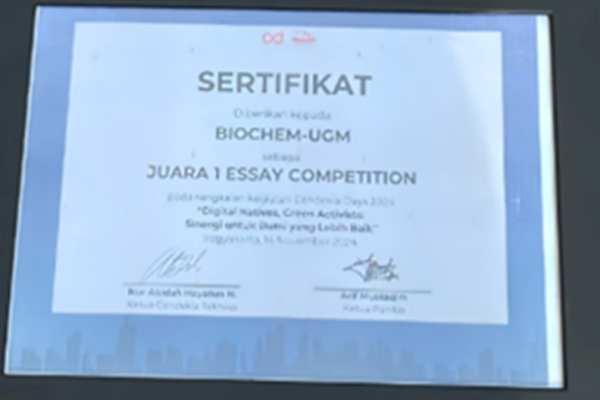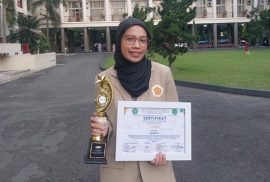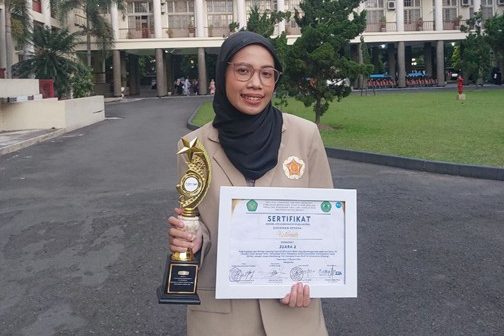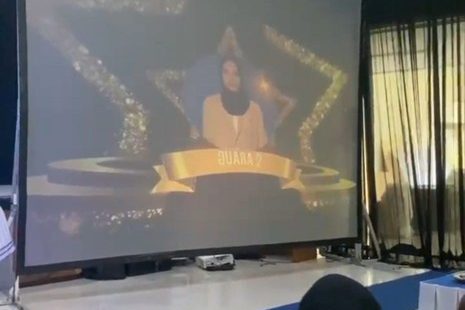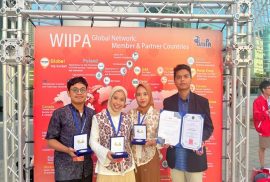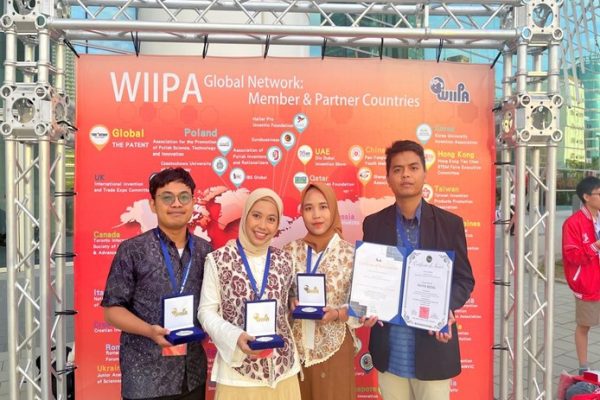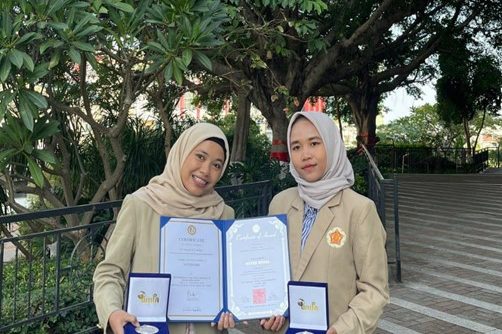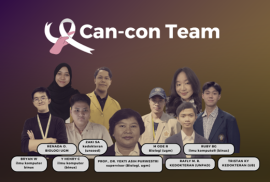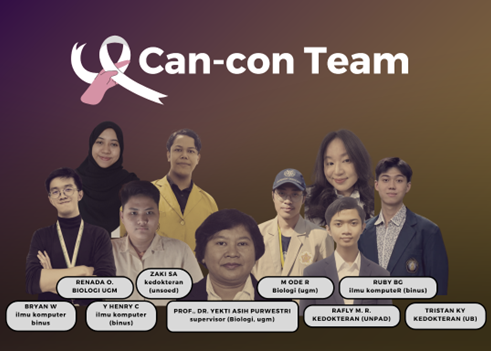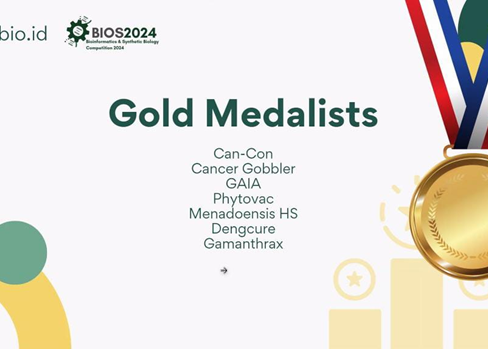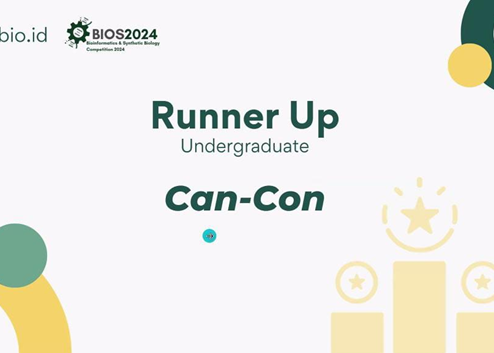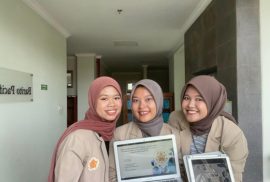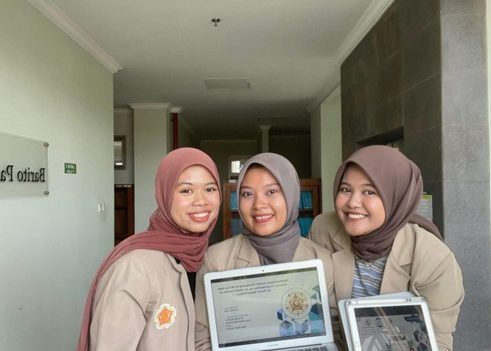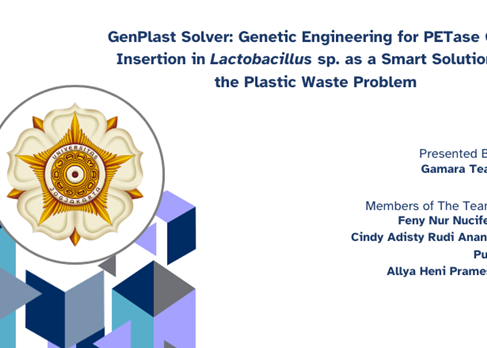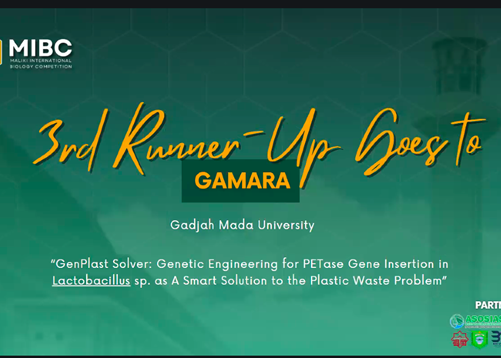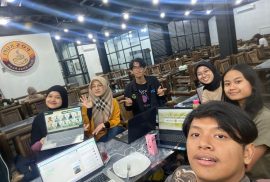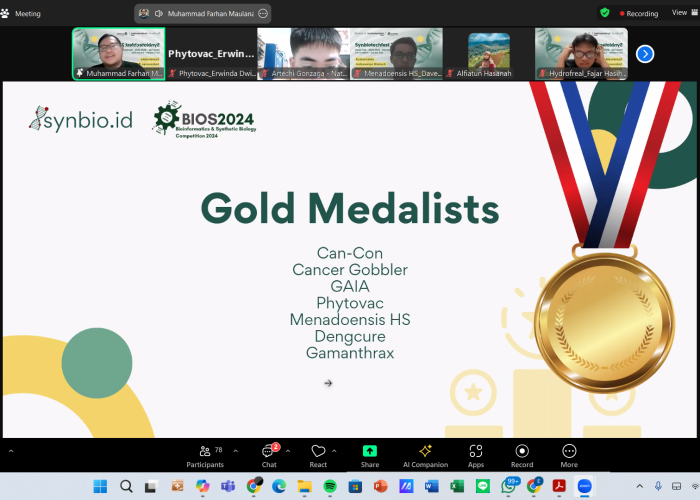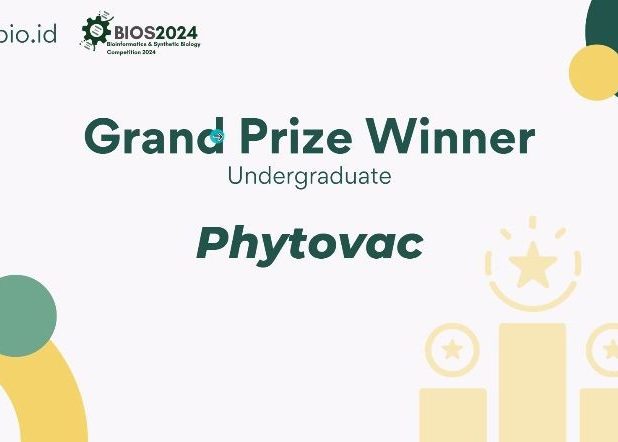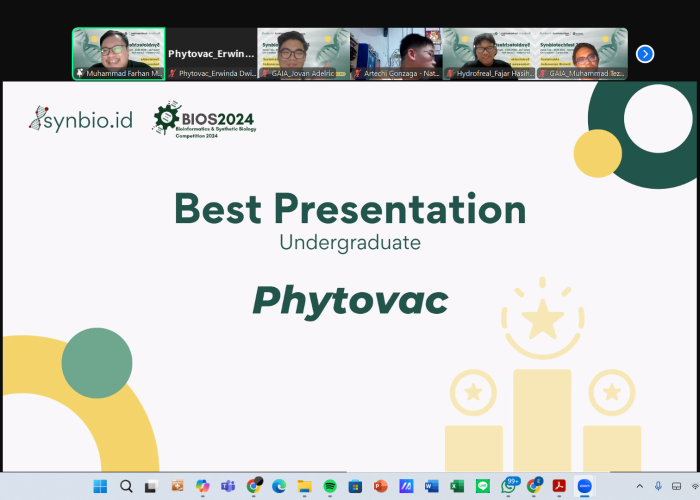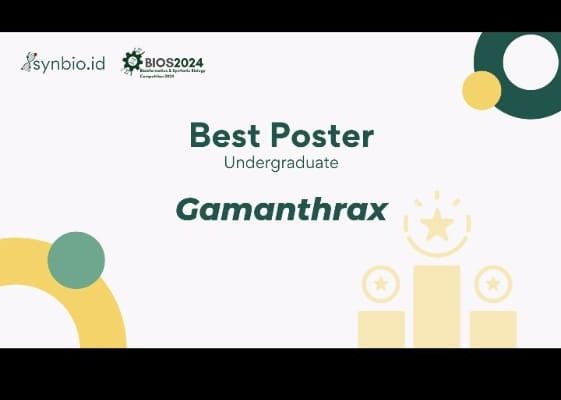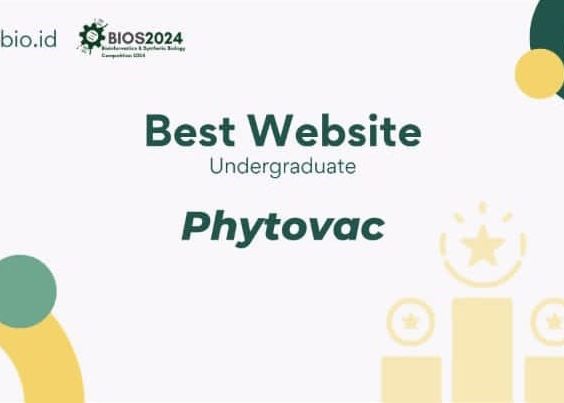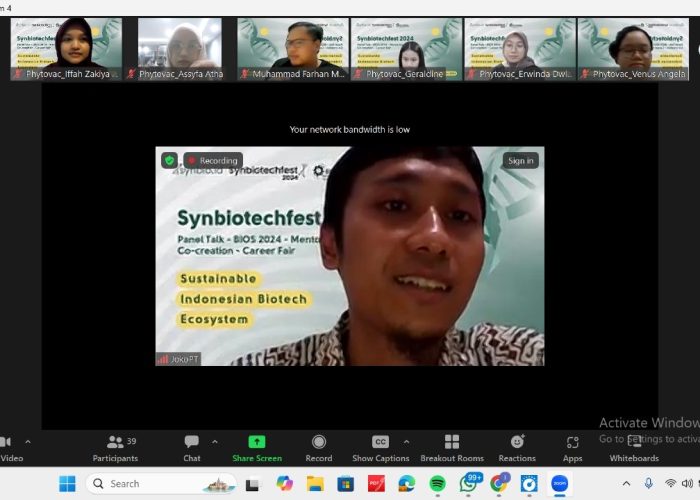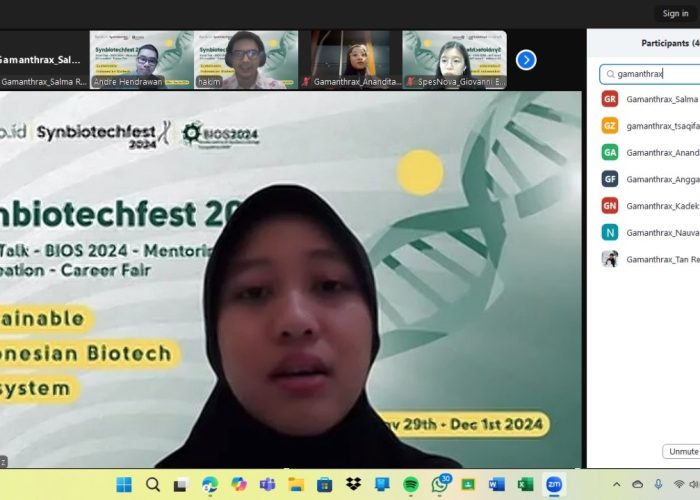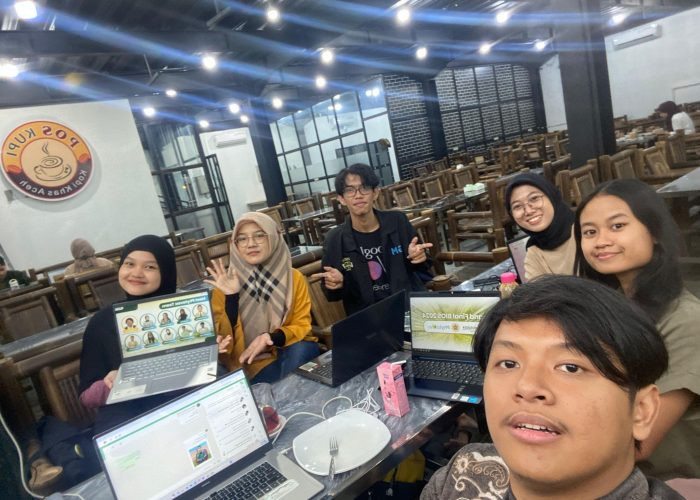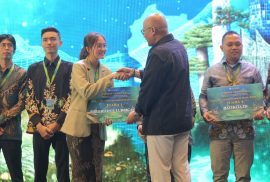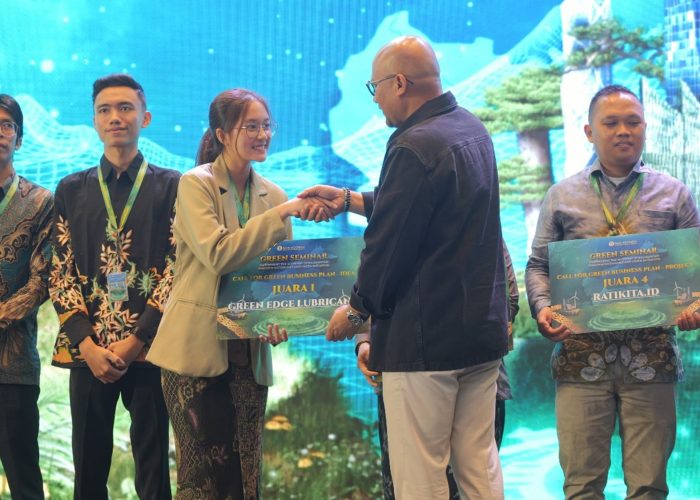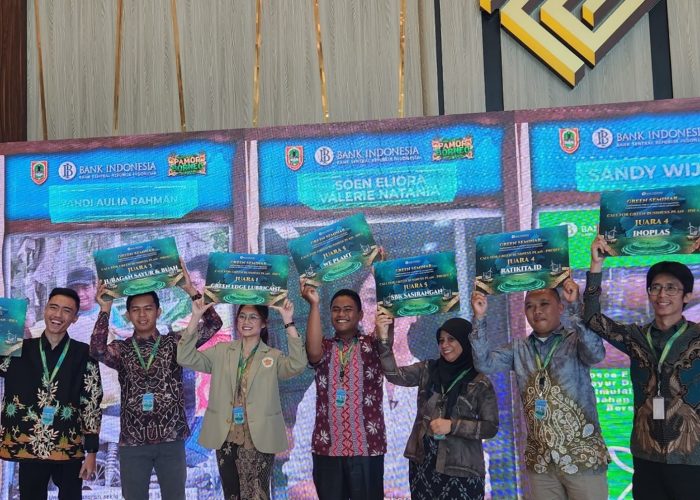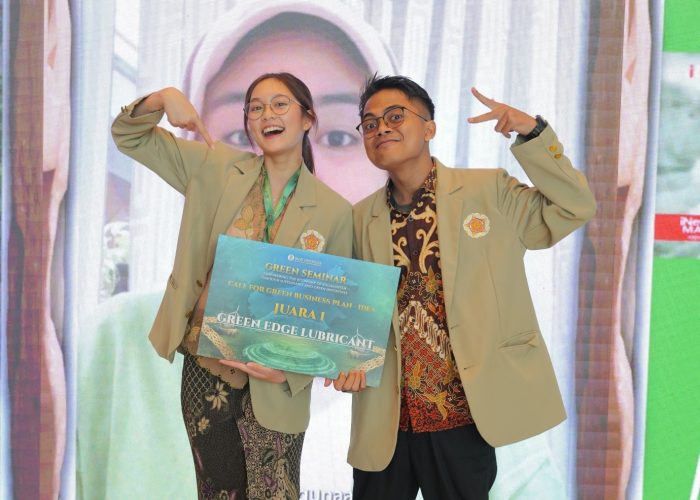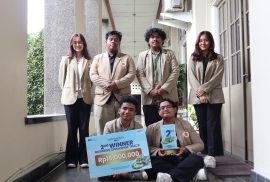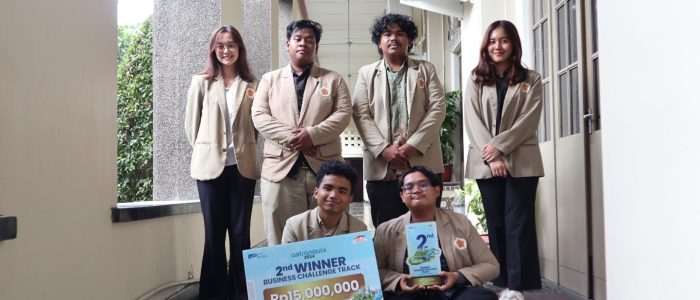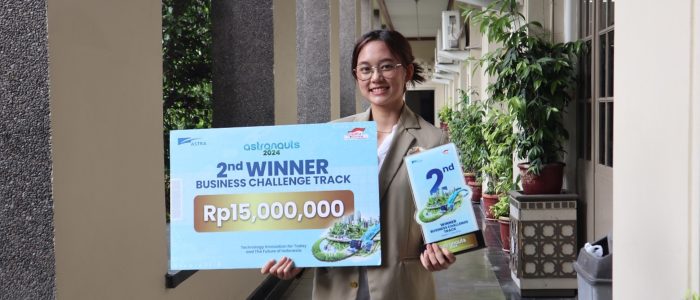Banjarmasin, November 27, 2024 – The Green Edge Lubricants team claimed first place in the Call for Business Idea category at the Greenovation 2024 organized by Bank Indonesia of South Kalimantan. The event drew over 400 participants, including innovative startups, industry experts, and academics. Green Edge Lubricants captured the judges’ attention with their groundbreaking eco-friendly lubricant derived from palm oil, outshining intense competition.
The team comprised Soen Eliora Valerie Natania (Biology), Dania Husna Huwaida (Chemical Engineering), and Khabib Abdul Aziz (Chemical Engineering). Soen Eliora focused on the product’s sustainability, emphasizing environmental compatibility, biodegradability of raw materials, and potential impacts on wastewater. Dania Husna Huwaida led the lubricant formulation, optimizing material composition for optimum performance. Meanwhile, Khabib Abdul Aziz designed an efficient production system, tailoring industrial-scale processes to ensure the product’s readiness for real-world implementation.
This innovative lubricant is tailored for cold rolling steel and metal stamping processes, which traditionally rely on expensive and environmentally harmful mineral oil-based lubricants. By incorporating biodegradable materials like oleic acid and synthetic esters, the lubricant reduces water consumption during cleaning processes by over 50%. Additionally, it offers superior lubricity, extending the tool’s lifespan while minimizing the environmental impact of wastewater.
“Biology is often perceived as unrelated to the industrial sector, but we aim to demonstrate its pivotal role in sustainability. My responsibility was to ensure that this product is not only efficient but also environmentally friendly, aligning with circular economy principles,” explained Soen Eliora.
Dania Husna Huwaida added, “Creating this lubricant faces unique challenges. It needed to meet high-performance standards while remaining cost-effective and easy to manufacture. Palm oil is the ideal raw material to achieve these goals.”
“Our focus was to design an adaptive, efficient production system to ensure the product’s readiness for industrial-scale application, meeting the demands of Indonesia’s market,” said Khabib Abdul Aziz.
The Greenovation 2024 participants have to present their innovative ideas and defend their concepts before a panel of industry experts, academics, and Bank Indonesia representatives. Teams were required to demonstrate both the economic and environmental impact of their products, tackling detailed technical questions.
“Every team presented great ideas, making the competition extremely fierce. We worked hard to highlight the technical strengths and sustainability of our innovation,” said Khabib.
With this victory, Green Edge Lubricants opens the door to further product development and potential collaborations with industry partners. Their lubricant is expected to drive a significant impact on Indonesia’s metal industry while contributing to a greener and more sustainable future.
The Greenovation 2024 competition underscored the importance of cross-disciplinary collaboration in developing impactful solutions. Green Edge Lubricants has proven that sustainability is not just a necessity but also an opportunity to build a more efficient, environmentally friendly future for industry.
Author: Soen Eliora Valerie Natania






